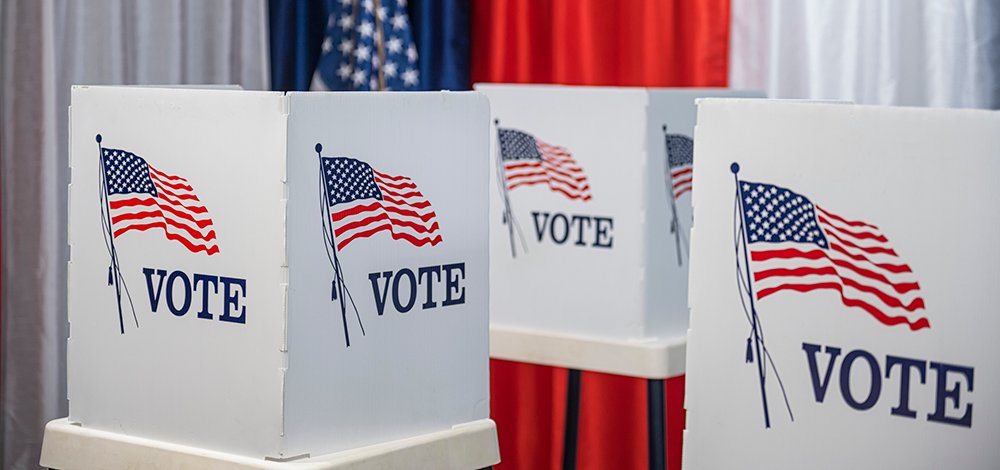Oct 20, 2024 | Blog, Expert Insights
By Jacque Cutillo, Assistant Clinical Director, Youth Villages
It’s here again, every four years. The news and ads on television. The flyers in the mail. The posts on social media. The conversations at the dinner table. It’s everywhere because… it’s election season.
From local races to the national election, this time every four years many adults feel bombarded by all things political thrown at them. It’s enough to wear on any adult’s overall mental state. So, if this can overwhelm an adult, imagine how it can this affect children and young people.
Like us, our children see the news and ads and hear the discussions. Nowadays, they see it pop up on their devices, even though they aren’t searching for it. In addition, they hear about the election at school from peers and through assignments — writing papers or completing projects — that center on the election.
Election season is not only overwhelming for children, but the information can be confusing, contradictory or different from what people in their natural network believe, especially with little or no guidance. So, how can caregivers help?
First, they need to be attuned to how their children receive and process information and how it can impact their mental and physical health. This may include social media monitoring, supervision around television and news consumption, and open conversations about questions that arise. Children and young people may respond differently to this information, showing changes in emotions, behavior and physical reactions. Here are some signs a caregiver needs to look for:
Next, caregivers can help their children by encouraging open conversations about election season. Although these discussions may be a challenge for caregivers, too, they need to utilize their own skills to stay present, answer questions honestly and look for more information when things become confusing.
When engaging in these conversations, pace yourself, take breaks and remember it is okay to respectfully disagree, even with children that have different opinions from yours. As caregivers, you are modeling how your children receive and digest this information. Here are a few tips to stay regulated:
In addition to helping children cope with their emotions and ability to regulate, caregivers also should be mindful of their children’s physical and emotional safety. As your family navigates election season, seize on opportunities to research information together, reassure concerns and provide unconditional positive support for overall mental and physical health.
If you, as a caregiver, are noticing significant changes in mood or behavior in your children or if your family needs additional assistance for mental health challenges, contact your local or regional helpline or call the 988 National Crisis Helpline.
Jacque Cutillo is the assistant clinical director for Youth Villages’ community-based programs in New England and has been with the national nonprofit for 17 years. She holds a Ph.D. and is professionally licensed in several states. In addition to her Youth Villages work, Cutillo maintains a small caseload of private practice youth and young adults and serves as president for a local school district’s Board of Trustees.
Every day, Youth Villages serves thousands of troubled children and their families and we need your help.
Do you share our passion for helping children and families live successfully? We’ve got a place for you.
Every day, we serve thousands of children and their families, and we need your help.
Your one-time or continuing contribution goes directly to helping children and young adults get the chance they deserve.
You can be a positive force in the lives of young people being treated through Youth Villages at our residential campuses and beyond.
Sign up for regular updates on our national programs, ways to get involved and more at Youth Villages. Sign up today and stay informed!
powered by
